Written by Dr. Carly Wilbur, UH Pediatrician and psi Medical Director
Wallet, keys, phone… mask: We check our pockets before leaving the house or the car. Pretty soon, if Americans continue to take advantage of the readily available COVID-19 vaccines, we may be able to drop that last item off the list. Airplane travel, celebrations with large indoor gatherings of strangers, full days at the office or at school without wearing a mask— after 15 months of pandemic restrictions, these activities that were once so familiar may seem foreign and even scary. One might think that re-entry to what we used to consider normal would be instinctual, but the toll the pandemic has taken on us emotionally, physically, and financially impacts how flexible we can be while returning to baseline. This is a timely topic, but one that can be confusing. Official recommendations change weekly in response to trends in COVID infection, so it can be difficult to pin down the “right” way to behave.
In terms of summer get-togethers, current guidance from the CDC indicates that even indoor gatherings of vaccinated individuals should be safe. The CDC endorses fully-vaccinated individuals to participate in full-capacity worship services, attend classes at a gym, eat at an indoor restaurant or bar, and attend indoor sporting events— all without the need for disease-prevention measures like masking or physical distancing.
But what about unvaccinated individuals? Children under 12 years of age are too young to receive the COVID-19 vaccine, so the best way to facilitate their group play is to utilize the great outdoors. Summer camps can safely allow unvaccinated children to play outside with just a few feet of distance from one another. If the weather doesn’t agree with that plan, masking and physical distancing indoors are still the standard. What about mixed age groups? If families with vaccinated adults and younger children want to share a meal or an activity, is there a safe way to manage that? The data have shown that overwhelmingly, mRNA vaccine recipients will not contract a serious case of COVID even after a close contact, and their risk of virus transmission to others is also greatly reduced. So is it safe for a toddler who attends day care to hug his vaccinated grandmother? Yes. Is it safe for a vaccinated parent to carpool with young children from different homes? Yes. Can schools re-open in the fall without masks? Maybe.
High schools with strong levels of student and teacher vaccination may be able to return to pre-COVID learning arrangements with very low risk of contagion. Middle schools that include only 7th and 8th graders may enjoy the same freedom. Until the vaccine eligibility age is lowered, however, 6th graders and their younger colleagues may find themselves continuing to require masks, generous desk spacing, and plexiglass dividers. There is hope that COVID vaccination will be available to children 6 years and older by the fall, so those predictions may change.
But it’s not just younger individuals who aren’t vaccinated. As of the start of June 2021, only half of eligible adults (16 years of age and older) in the US and 600,000 kids aged 12-15 have been vaccinated against COVID-19. Unfortunately, the science behind the movement has been eclipsed by the politics of the time. The topic of COVID vaccination is polarizing, and it’s unlikely that either side of the debate could convert someone to the other side. What we need to remember is that individual freedoms are protected in our country and we must always remain decent to one another.
According to experts, portions of the population that are fully vaccinated are cleared to return to pre-COVID activities, but unvaccinated children and adults ought to continue to take precautionary measures. There are, however, some protocols that everyone should follow as we embark on this journey together. Be realistic: pre-pandemic life was not perfect, so temper expectations as you return to work, school, traffic, the post office, and other everyday activities. Be patient: there are still shortages and delays associated with suboptimal staffing and production issues. Be brave: for some, remote school or work was a blessing, and in-person interactions may present a challenge as normalcy returns. Be flexible: we managed to adjust and restructure so much of our lives over the last year, and we can certainly do it again in the coming months. Be kind: unless you own Amazon or Purell, you did not have a stellar year. We have all struggled, whether financially, physically, emotionally, socially, or academically. Practice compassion and remember the words of J.M Barry, creator of Peter Pan:
“Be kinder than necessary because everyone you meet is fighting some kind of battle.”
Dr. Carly Wilbur is psi’s Medical Director and is a board-certified pediatrician with University Hospitals Rainbow Babies and Children’s Hospital in Cleveland, Ohio. To learn more, click here or email: [email protected].



